All Stories
-
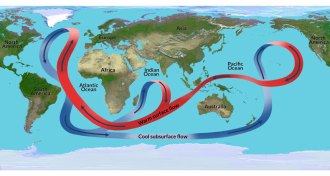 Climate
ClimateWarming could disrupt Atlantic Ocean current
The Atlantic current that keeps northwestern Europe warm may be less stable under future climate change than previously thought, revised simulations show.
-
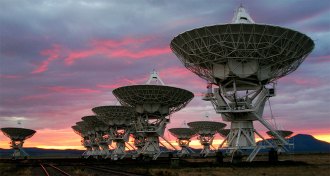 Astronomy
AstronomyGotcha: Fast radio burst’s home nabbed
For the first time, astronomers pinpoint a precise position on the sky for a fast radio burst, revealing that the outburst originated in a galaxy about 2.5 billion light-years away.
-
 Chemistry
ChemistryCarbon can exceed four-bond limit
Scientists confirm structure of unusual molecule in which carbon bonds to six other carbon atoms.
-
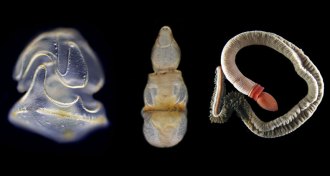 Animals
AnimalsThese acorn worms have a head for swimming
The larvae of one type of acorn worm are basically “swimming heads,” according to new genetic analyses.
-
 Archaeology
ArchaeologyAncient Egyptian pot burials were not just for the poor
In ancient Egypt, using pots for burial containers was a symbolic choice, not a last resort, archaeologists say.
-
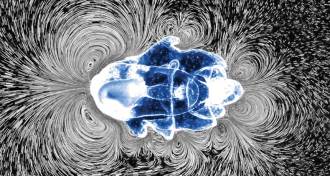 Life
LifeBaby starfish on the hunt whip up whirlpools
Starfish larvae use hairlike cilia to stir up water whorls and suck prey in close.
-
 Life
LifeBaby starfish whip up whirlpools to snag a meal
Starfish larvae use hairlike cilia to stir up water whorls and suck prey in close.
-
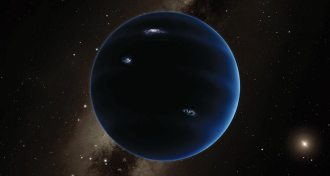 Astronomy
AstronomyThese 2016 stories could be really big — if they’re true
These findings would have rocked the scientific world, if only the evidence were more convincing.
-
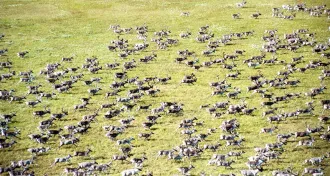 Animals
AnimalsWorld’s largest reindeer population may fall victim to climate change
Climate change and wolves are driving down the reindeer population in Russia’s Taimyr population.
-
 Math
MathHidden Figures highlights three black women who were vital to the U.S. space program
"Hidden Figures" tells the untold story of the "human computers" who were essential to the launch of the U.S. space program.
-
 Health & Medicine
Health & MedicineEbola vaccine proves effective
The Ebola vaccine rVSV-ZEBOV proved effective at stopping the spread of the virus in a clinical trial in West Africa.
By Meghan Rosen -
 Health & Medicine
Health & MedicineEbola vaccine proves effective, final trial results show
The Ebola vaccine rVSV-ZEBOV proved effective at stopping the spread of the virus in a clinical trial in West Africa.
By Meghan Rosen